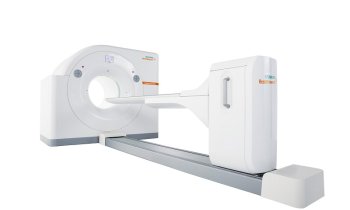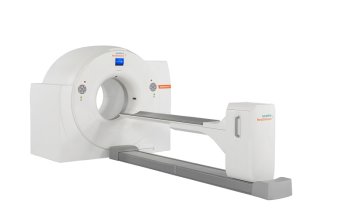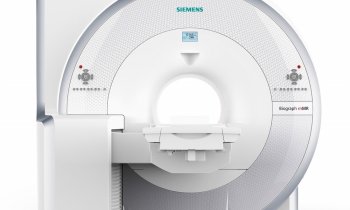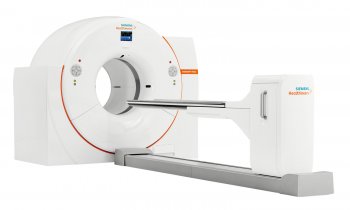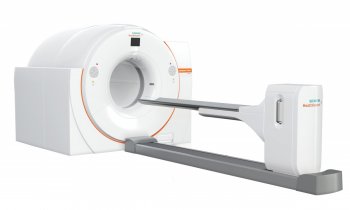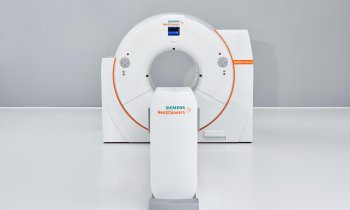GE Healthcare to Invest $1 Billion in New Oncology Solutions
GE Healthcare announced today its plans to dedicate $1 billion of its total R&D budget over the next five years to expand its advanced cancer diagnostic and molecular imaging capabilities, as well as its world-class technologies for the manufacture of biopharmaceuticals and for cancer research.
Announced alongside a $100m open innovation challenge in New York City, the $1 billion investment crosses all lines of GE Healthcare’s global business and is an example of the company’s commitment to fighting cancer. The investment will enable the company to bring the most promising cancer ideas to market, unleashing technologies that improve accuracy of diagnosis to enable more effective treatment decisions and empower doctors and patients with better information.
“We are committed to tackling cancer. However, with a disease as complex and multifaceted as cancer, solutions need to be equally multifaceted and even more integrated, combining imaging, molecular diagnostics and healthcare IT,” said John Dineen, president and CEO, GE Healthcare. “As one of the most relevant global cancer diagnostic companies, we are devoting an even greater share of our R&D budget to continue developing new oncology solutions.”
Today, GE Healthcare already offers a wide portfolio for oncology and a strategy that combines cellular research, medical imaging, laboratory diagnostics, biopharmaceutical manufacturing technologies and information technology. These innovative technologies help researchers increase their understanding of the causes and progression of cancer and help physicians make more personalized cancer treatment and man¬agement decisions, while improving clinical outcomes and accelerating the delivery of care.
A key global healthcare challenge is the dramatic increase in cancer incidence around the world. According to World Health Organization data, cancer rates could increase by 50 percent, leading to 15 million new cases in 2020. From a clinical standpoint, the rapid increase in targeted and patient-specific cancer therapies is driving demand for molecular diagnostics.
Building a ‘Deeper Bench’ of Oncology Expertise
GE Healthcare is seen as a leader in diagnostic imaging for the detection of cancer and as a leading provider of technologies for cancer research and biopharmaceutical manufacturing. In recent years, the company has significantly expanded its presence in the oncology arena through strategic acquisitions, including Amersham plc. (2004), Biacore International AB (2006), Wave Biotech LLC (2007), MicroCal LLC (2008), Clarient (2010) and Applied Precision (2011) and a joint venture Omnyx (2009).
A recognized pioneer of oncology invention for over 50 years, GE Healthcare continues to research and develop industry-defining technologies. This work is happening at a fast pace across the company, in close collaboration with GE Global Research and through a number of strategic partnerships and alliances.
Of the imaging tools available to help oncologists manage a patient’s complete cancer pathway, there are few that offer as much clinical versatility and value as Positron Emission Tomography (PET)/Computed Tomography (CT). Combining functional and anatomical data in a single image, PET/CT excels in early diagnosis, uncovering valuable information on tumor location, size and metabolic activity. It assists physicians in differentiating between malignant and benign lesions, identifying recurrences and metastases, and guiding treatment selection and delivery. The GE Healthcare Discovery* PET/CT systems are designed to optimize the full range of oncology applications, from diagnosis and staging to treatment planning and monitoring. Their versatility presents an ideal solution for multi-use and shared services, and across the patient care cycle.
GE Healthcare is introducing new tracers to the FASTlab* multi-tracer platform, an advanced PET chemistry system on which the company is also developing PET proprietary agents. FASTlab* offers a number of significant enhancements to address the ever-evolving challenges of tracer production.
15.09.2011






